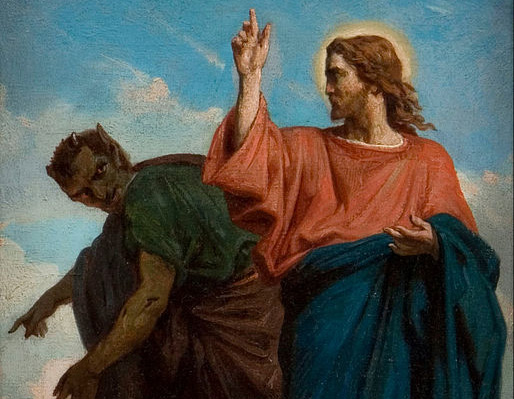Muslim writer Dr Rakib Ehsan:
Following the mosque massacres in Christchurch, political figures across the Western world did not hesitate in accurately describing what they were – white-supremacist terrorist attacks on Muslims in their places of worship during Friday prayers.
In the aftermath of Christchurch, Hillary Clinton expressed her solidarity with the global Muslim community – the Ummah – and said ‘we must continue to fight the perpetuation and normalisation of Islamophobia and racism in all its forms’. Former US president Barack Obama tweeted that himself and his wife Michelle were grieving with the people of New Zealand and the ‘Muslim community’. Our own prime minister, Theresa May, correctly labelled Christchurch as a ‘horrifying terrorist attack’.
Now, contrast this with the language used by the same three figures following the coordinated series of Islamist-inspired terrorist attacks in Sri Lanka. Affectionate expressions of solidarity with persecuted Christian communities have been missing. The Christians killed in their own churches have been referred to by Clinton and Obama as ‘Easter worshippers’. Despite the clearly sophisticated, well-planned nature of the terrorist attacks, which very much had the aim of killing a large number of Christians, the British PM – a vicar’s daughter – referred to them as ‘acts of violence’.
The differences in tone and nature between the condemnations of the Christchurch and Sri Lanka terrorist attacks are striking. After Christchurch, there was no hesitation about stating the religious backgrounds of the victims and directing emotion and affection towards Muslim communities. Politicians took no issue with categorising the events in Christchurch as terrorism.
In contrast, the words ‘terrorism’ and ‘Christianity’, along with their associated terms, have so far failed to feature in much of the reaction to the attacks in Sri Lanka. ...
The fact is that the persecution and victimisation of Christians continues to take place in many parts of the world, often at the hands of Islamists.Would that we had such clarity from our own religious and political leaders.



